Film screening in Cork aims to highlight the problems in treatment for Endometriosis
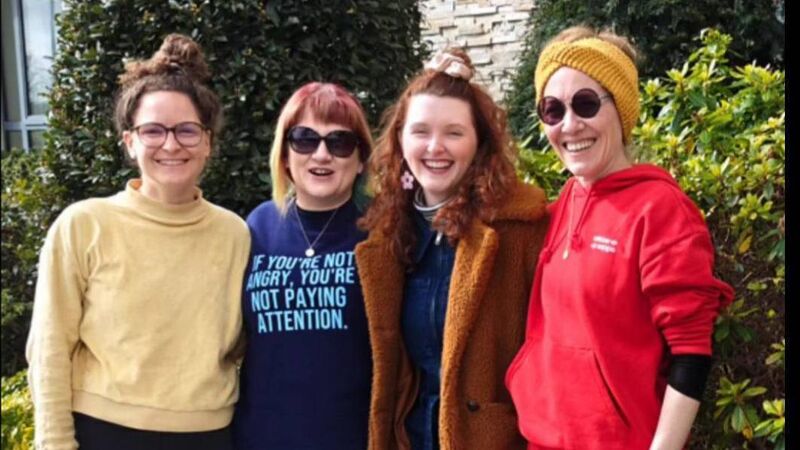
Endometriosis advocates (Left to right): Johanna Huber, Kathleen King, Sarah Rose McCann, and Orla O'Connor at the EndoMarch 2024 in Dublin.
WHEN Orla O’Connor from East Cork went to her gynaecologist about pain she was experiencing after the birth of her second child, she was told that it was normal.
She went about life, hoping things would improve. When she got to the point where she could no longer physically take care of her children, she knew this was anything but normal.
“I couldn’t lift my children or play with them,” she says.
Years of chronic pain
Orla had experienced pain for years. She had difficult births with both her children, one in the U.S and one in Ireland. She had seen doctors and received treatment for chronic pain in both countries.
The pain got worse after her children were born, until she was only pain-free “about seven days out of the month”.
Although she had no formal diagnosis, she was referred to the Endometriosis Clinic in the Coombe Hospital in Dublin for treatment. This did not resolve her symptoms, and “the pain got worse,” she says.
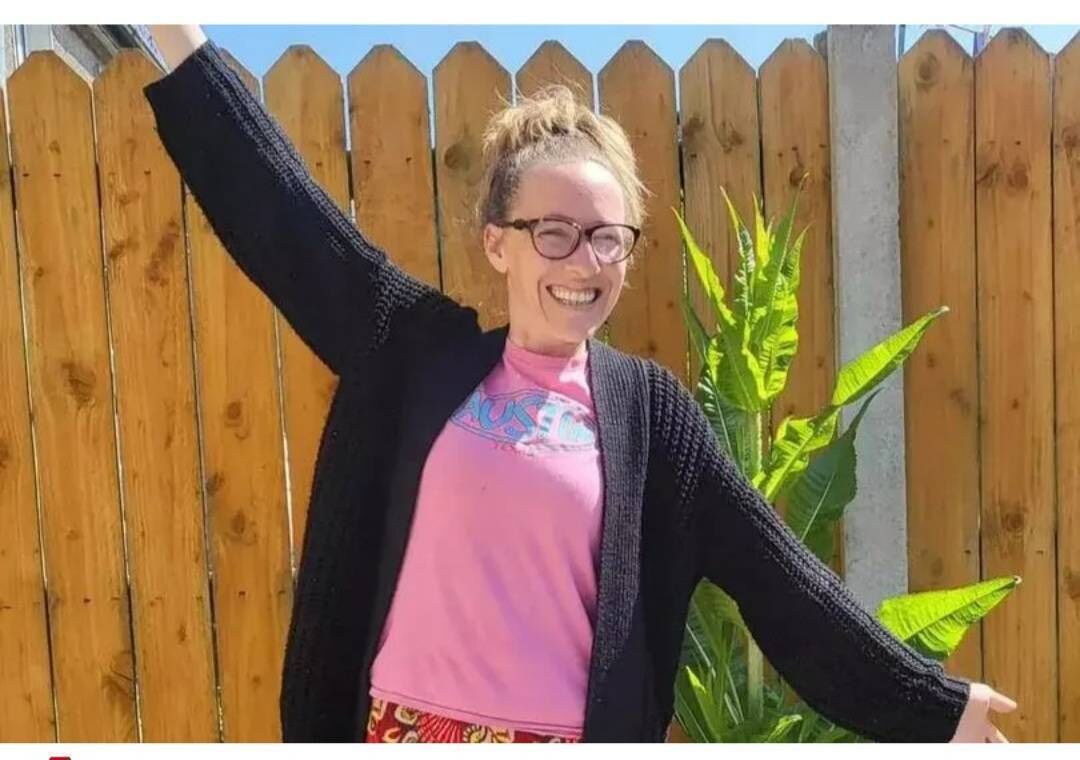
“I knew I couldn’t take it anymore,” says Orla. She had been researching Dr Gabriel Mitrou, an endometriosis specialist in Bucharest, Romania, and had spoken to Irish women “who had gone to him and been very happy”.
In September, 2021, she travelled to Romania and received a diagnosis of endometriosis, a condition where tissue similar to the lining of the womb starts to grow in other places. She was also diagnosed with adenomyosis, which affects the lining of the womb. She underwent excision surgery for endometriosis and a hysterectomy for adenomyosis.
Since this surgery, Orla’s life has changed completely. She feels “amazing” and is in “zero pain.”
Advocating for better treatment
Orla worked as a pizza chef for Volcano Pizza in Cork for eight years. In 2022, she decided to go back to college to study Public Health Sciences in UCC.
Now she devotes her time to advocating for better treatment for endometriosis patients in Ireland. As part of this, she has organised a screening of the documentary Below The Belt in UCC on June 22.
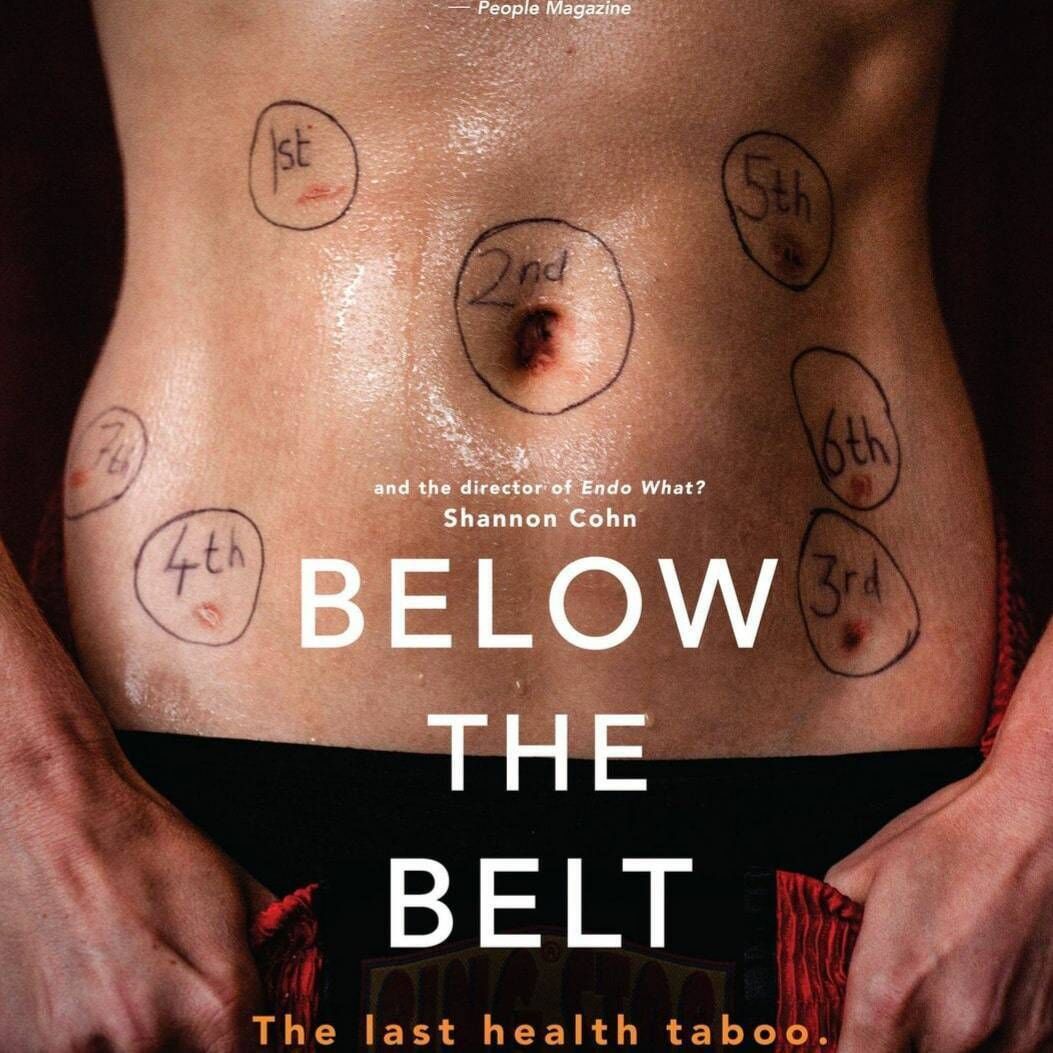
The film shares the stories of four patients searching for answers to mysterious symptoms, exposing problems in healthcare systems throughout the world. Orla’s advocacy work is inspired by Kathleen King, who has been campaigning for better services for people with endometriosis for over 25 years.
Kathleen will be one of the speakers at the event, along with Johanna Huber, physiotherapist, yoga teacher and endometriosis advocate; Jo Chapple, musculoskeletal and women’s health physiotherapist; and Claire O’Brien, nutritional therapist.
A supportive community
Although Orla’s pain is gone, she wants to help other women and girls suffering with endometriosis.
“When I was having surgery, I had a mother contact me,” she says. “Her 13-year-old daughter couldn’t go to school she was in so much pain.”
For Orla, this was close to home.
She was the same age as my son, it broke my heart.
“Women contact me every day in pain,” she adds.
Orla explains that some are being told by their healthcare provider to “take painkillers” to deal with symptoms.
“I couldn’t listen to these stories and not do something,” she says.
The event will be an opportunity for people affected by endometriosis to come together as a community.
“I want people to have hope,” Orla says. “Not everyone who has had surgery has been lucky to be completely pain-free. They need a supportive community and to feel validated.”
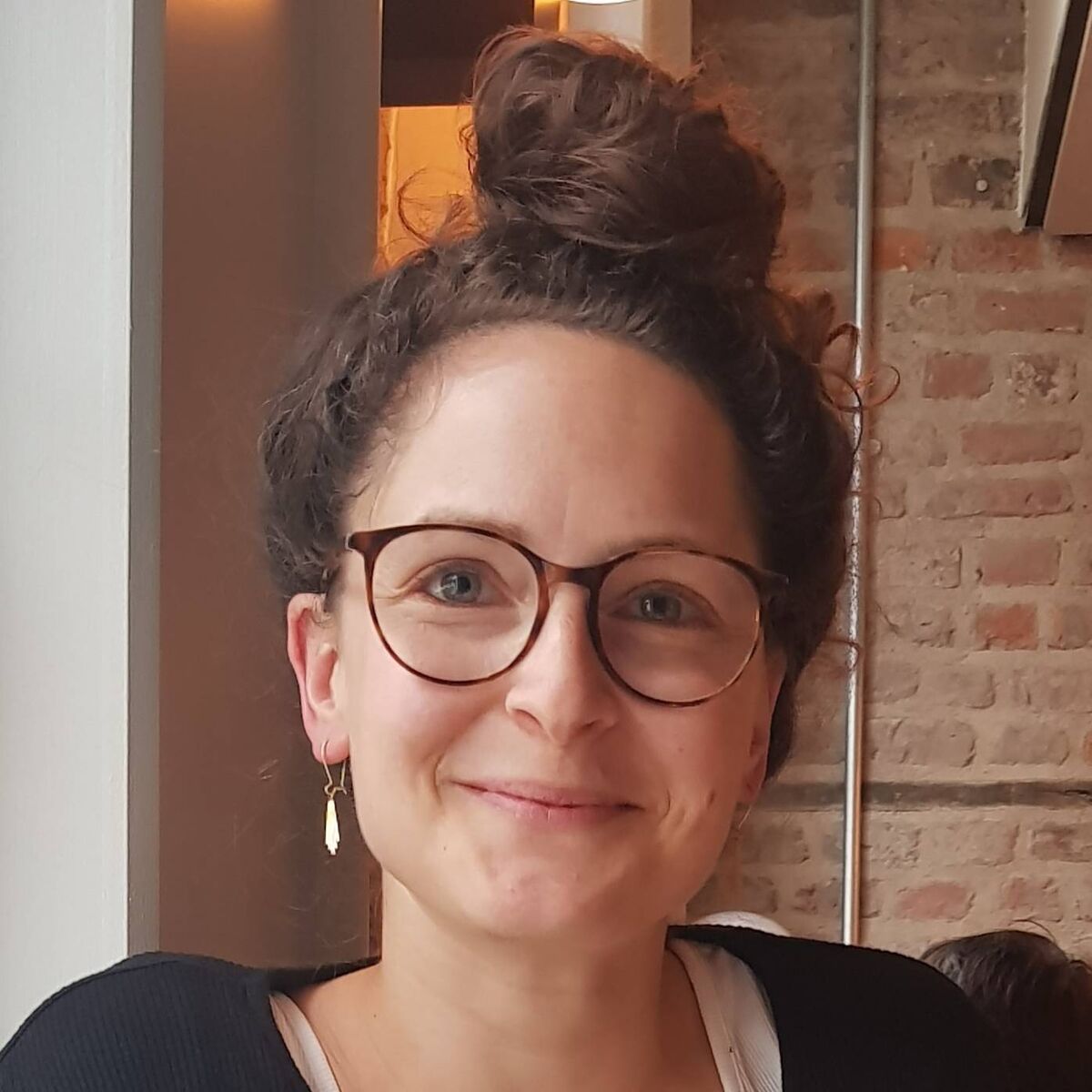
Not just a bad period
Johanna Huber, who lives in Cork city, is an endometriosis advocate who also travelled to Romania for treatment. She suffered from symptoms since she was a teenager.
“I thought it was just part of having a period, so I ignored it,” she says.
In her 20s, Johanna was experiencing pain throughout the month, not only during her period.
“I couldn’t walk up the stairs without catching my breath,” she says. Every night she woke up in pain, which she described as being “like a bomb detonating in me.”
She underwent surgery in Cork in 2020, but her pain continued afterwards. Eventually, she went to Romania for surgery for Endometriosis and Adenomyosis. “It feels like I have a new life”, she says.
I am 100% pain free and 95% symptom free.
Need more training
Orla and Johanna are just two of hundreds of women in Ireland who go abroad each year to access treatment for Endometriosis. They are calling for better training for healthcare providers in Ireland.
Currently, there is no dedicated specialist endometriosis centre in Ireland. They want to see Irish clinicians upskilling and providing multi-disciplinary, specialist support to endometriosis patients.
Jo Chapple, a women’s health physiotherapist in Cork, regularly treats women with symptoms of endometriosis. This includes “classic symptoms of endometriosis such as painful, prolonged and heavy periods, pain with intercourse, and bladder and bowel issues.”
It can also involve pelvic, back, or hip pain, fertility issues, constipation, and abdominal pain.
“The list is endless,” she says.
Jo recognises the problems in the healthcare system when it comes to treating endometriosis. She says a “serious lack of prioritisation, funding and support has meant that inaccurate and out of date information is prevalent in the medical and healthcare worlds.”
She is concerned that “in this vacuum, misinformation thrives,” and that “many people may not even understand what endometriosis or adenomyosis is, let alone be able to recognise possible signs or symptoms of these conditions.”
A significant challenge
“Unfortunately, we are still in a place where there is no one single cure for Endometriosis,” Jo explains. “This is a significant challenge and complication for everyone who is living with this condition.”
There is a long list of changes Jo would like to see in how our health system treats endometriosis.
More funding, more training, more discussion, more public health education, more government backing, more questioning… more doctors, more nurses, more trained specialists in the field, more facilities.
While there is a lot of work to do, events like the one on June 22 help patient voices to be stronger.
“More of us together as a bigger group is a bigger voice to make changes,” says Orla.
Below The Belt will be screened in Boole 2, University College Cork, 22 June 7-9.30pm. Tickets available on https://www.tickettailor.com/events/independentendometriosisadvocate/1252167


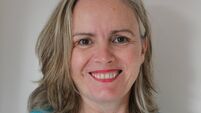




 App?
App?


